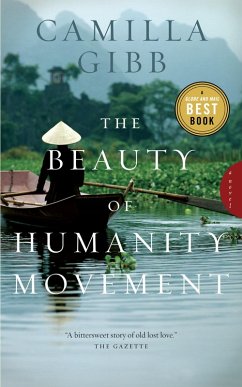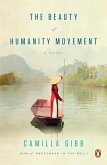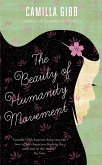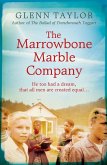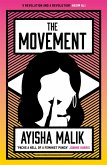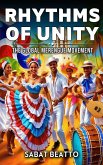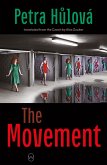The history of Vietnam lies in this bowl, for it is in Hanoi, the Vietnamese heart, that pho was born, a combination of the rice noodles that predominated after a thousand years of Chinese occupation and the taste for beef the Vietnamese acquired under the French, who turned their cows away from ploughs and into bifteck and pot-au-feu. The name of their national soup is pronounced like this French word for fire, as Hung's Uncle Chien explained to him long ago. "We're clever people," his uncle had said. "We took the best the occupiers had to offer and made it our own. Fish sauce is the key-in matters of soup and well beyond. Even romance, some people say." -from The Beauty of Humanity Movement (p 5) by Camilla Gibb Old Man Hu'ng has been making and selling pho to hungry devotees for nearly 70 years, continually adapting his recipe and the location of his food cart to accommodate the terrible demands of poverty, war and oppression that have plagued Hanoi throughout his long life. Cherished least of all his mother's ten children thanks to an inauspicious facial birthmark, Hu'ng was sent in 1933 to apprentice at his Uncle Chien's restaurant where he achieved mastery over broth and noodles. Inheriting the business from his uncle, Hu'ng's sublime cookery and willingness to barter made him a favourite in the 1950s with the Beauty of Humanity Movement, a group of artists and intellectuals who dared question Communist rule, at great peril. Heading the Movement was Dao, a poet whose young son Binh would shadow Hu'ng at the restaurant, hungry not for noodles but for the attention that his own revolutionary father was too distracted to provide. When Dao was inevitably arrested, Binh's mother whisked the boy into hiding, blinding him in one eye to avoid conscription. Hu'ng was forced to close his restaurant, but not knowing any other life's work, he persisted in making and selling pho by pushing a food cart through the city, even when forced to make his noodles with scavenged pond weeds. Fifty years later, Binh is a middle-class Hanoi carpenter who once again consumes daily bowls of Hu'ng's pho, following the old man to whatever location he has moved to in order to evade police beatings. Binh tries valiantly to protect Hu'ng, the gentle old man who is as close to a father as he has ever known. By extension Hu'ng is also a grandfather to Binh's son Tu', a somewhat aimless Nike-shod tour guide who wears his clothes and hair in modern fashion, and yet whose spirited idealism reminds Hu'ng of his revolutionist grandfather. Then one day Hu'ng's improvised pho stand is visited by a beautiful stranger, Maggie, a foreign-raised Vietnamese art curator who was spirited out of Hanoi as a child during the fall of Saigon. Her artist father disappeared in those tumultuous times, and Maggie has returned to the country of her birth to learn his fate. Hearing of Hu'ng's reputation, she has come to plead for answers-did he know her father? Hu'ng's memory is failing, but he dearly wants to help this young woman, whose beauty sends him back to a time long ago, when he loved a girl whose betrayal he has never forgiven. . . Steeped in rich and highly evocative language, Camilla Gibb's The Beauty of Humanity Movement is a nuanced and gentle paean for Vietnam, a poignant testament to the strength and resiliency of love and art in overcoming terrible hardship.
Dieser Download kann aus rechtlichen Gründen nur mit Rechnungsadresse in A, B, BG, CZ, D, DK, EW, E, FIN, F, GR, HR, H, I, LT, L, LR, NL, PL, P, R, S, SLO, SK ausgeliefert werden.

